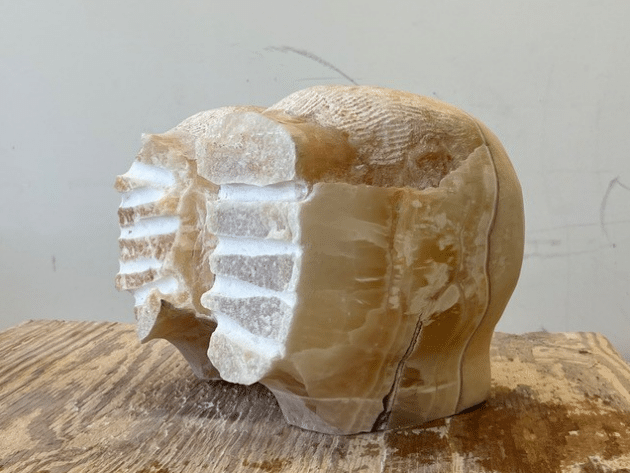Felicia Greenfield, Cait Kearney, Leah Fein, and Meg Kalafsky at AAIC
By Meghan McCarthy
When Cait Kearney joined the Penn Memory Center (PMC), she was a recent college graduate without full-time work experience.
In the three years since, Kearney has had positions at PMC created for her, published hundreds of newsletters, led training programs, represented the center at an international conference, and most recently completed her master’s in professional writing from Northern Arizona University.
Simply put, our communications team would not be the same without her. As she embarks on her newest chapter, we’re looking back at her journey and incredible contributions.
This is Kearney’s PMC story.








